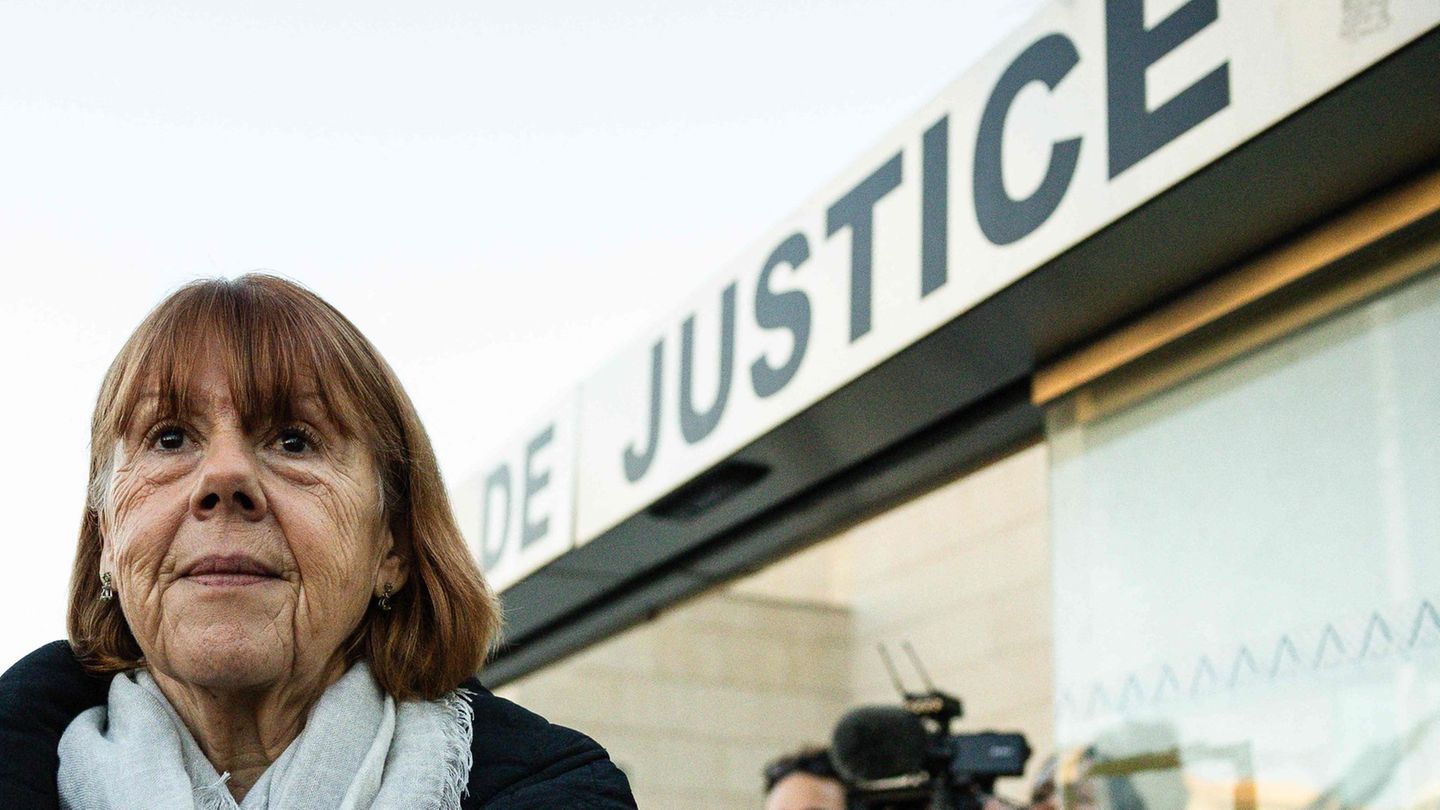The Bundestag is to be shrunk to health. But how has been argued for years. The opposition wants to bring down a reform of the Union and the SPD with a lawsuit. The Federal Constitutional Court considers a detailed examination necessary – but only after the election.
The Bundestag election on September 26th can take place according to the new electoral law decided by the Union and the SPD. The Federal Constitutional Court rejected an urgent motion with which the FDP, Greens and Left MPs wanted to overturn the changes that came into force in November 2020 with immediate effect. As the court in Karlsruhe announced on Friday, it wants to examine the reform carefully in the main proceedings. The judges may see problematic points.
The parties basically agree that the Bundestag, which has grown to 709 seats, must be made smaller again. A large parliament not only costs taxpayers more money, it is also less able to work. But the right way to get there has been argued for years. A compromise solution, which all parties wanted to support, had not come about in two electoral terms.
FDP, Left and Greens moved to Karlsruhe
In October 2020, the Union and the SPD finally single-handedly decided to change the electoral law, which many experts also consider to be inadequate. Because it should stay with the current 299 constituencies. A major reform is only planned for the 2025 election. A commission is to make proposals for this by mid-2023.
The FDP, the Left and the Greens had jointly presented an alternative draft that only provided for 250 constituencies, but which could not prevail. They then got together to submit an application for abstract standards control in Karlsruhe. You are of the opinion that the new regulation is unclearly formulated and violates the principles of equal opportunities for parties and equal voting rights anchored in the Basic Law.
The constitutional judges of the Second Senate consider it at least possible that these objections are not unjustified. Since the questions still need to be examined more closely, they refused to intervene in the legislature’s jurisdiction with immediate effect. It also played a role that, in their opinion, the reform will not bring about any major changes.
No effect on voting
The Karlsruhe procedure and the now published urgent decision of July 20 have no direct impact on the voting of the citizens. It’s about the rules according to which the votes cast are converted into mandates.
According to the new regulation, overhang mandates of a party are partially offset against their list mandates. Up to three overhang mandates are not compensated by compensatory mandates if the Bundestag exceeds its target size. This is fixed at 598 seats.
David William is a talented author who has made a name for himself in the world of writing. He is a professional author who writes on a wide range of topics, from general interest to opinion news. David is currently working as a writer at 24 hours worlds where he brings his unique perspective and in-depth research to his articles, making them both informative and engaging.




